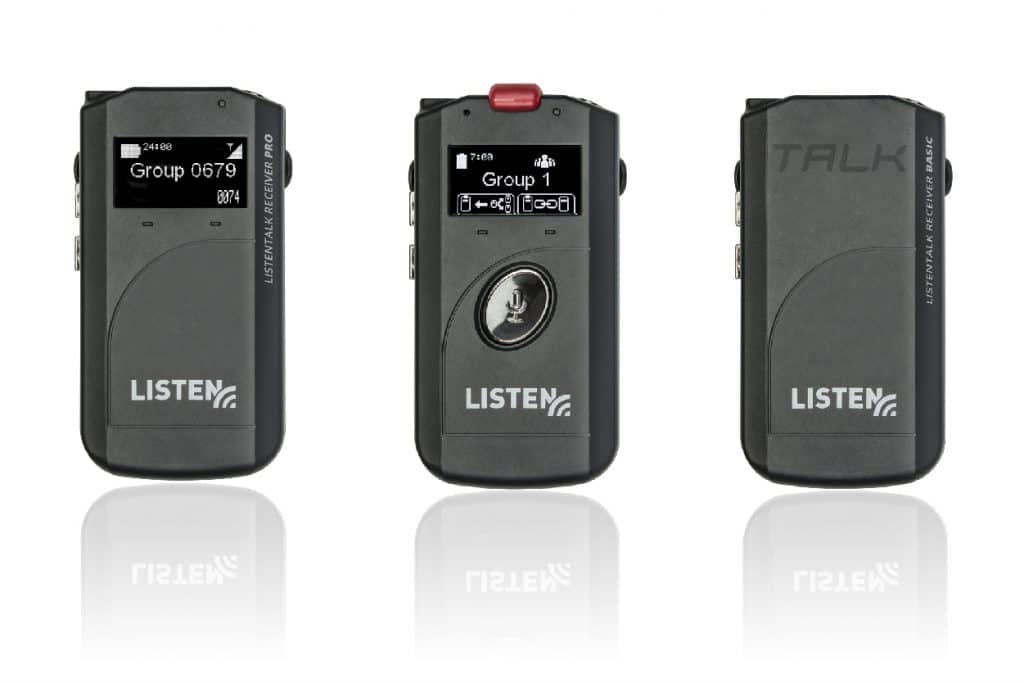- Loading…
We live in a noisy world, with sounds that affect hearing all around us: traffic, machinery, and noisy groups of people. Then there’s the damage we do to our ears when we plug in headphones and jam to catchy tunes. It’s important to protect your hearing.
Our hearing is delicate and all this noise takes a toll. It’s no wonder that approximately 48 million people experience hearing loss in the U.S., making it one of the most prevalent health issues in the nation.
You don’t have to accept that you’ll lose your hearing. Here are four tips to safeguard your ears.
Never treat hearing loss lightly. A blocked ear or an earache may be a sign of an infection. If you leave an ear infection untreated, it may result in permanent hearing loss. Any ringing in your ears that lasts longer than a short period of time is also a sign of hearing loss.
Have a discussion with your doctor about your hearing concerns before you start a medication. Ototoxic drugs may lead to hearing loss. In many cases, the benefit of the drug outweighs the risk of temporary or permanent hearing loss. Ototoxic drugs include:
Exposure to loud sounds will damage hearing. The hair cells in your ears turn sound into signals sent to the brain. If the noise is too loud, it damages the hairs, which never grow back. The National Institutes of Health say consistent exposure to sounds higher than 85 decibels can hurt hearing. The average conversation is 60 decibels, so 85 isn’t earth-shakingly loud. In fact, it’s about the same as heavy traffic in a city.
So, what’s louder than 85 decibels? If you’re using your earbuds at the maximum sound level, you’re probably pumping 105 decibels into your ears—doing severe and permanent damage. Guns and firecrackers hit 150 decibels, a police or fire siren is 120 decibels, and a motorcycle is 95 decibels.
Since you can’t stay at home all day in the sound of silence, what can you do to protect your ears?
There are many people whose livelihoods depend on working with or around loud machines. Others live near noisy highways and relocating isn’t an option. If you can’t entirely avoid loud sounds, try wearing protective devices. Ear plugs, noise-canceling headphones, and ear muffs will protect your hearing.
Pretty much everyone these days owns a smartphone. Listening to music, podcasts, books, and more via earbuds can be motivating or relaxing, but remember, it can damage your ear. Consider taking short breaks from the sound. When you’re using your headphones or earbuds, take regular 15-minute breaks.
Millions of people around the U.S. and world live with hearing impairment. Health problems, medications, and the noise all around us lead to that hearing loss. To protect your hearing, talk to your doctor, turn down the noise, use protection and give your ears a break.

We would love to deliver valuable insights right to your inbox once a month.

We would love to answer your questions, provide you with a detailed quote, or send you more information.
14912 Heritage Crest Way
Bluffdale, Utah
84065-4818 USA
Phone: +1.801.233.8992
Toll-Free: 1.800.330.0891
Office Hours
8:00 am – 5:00 pm MT
Monday – Friday
First, select the calculator type, USA (for Americans with Disabilities Act - ADA), California (for California Building Code), or Australia (for Australia's Disability Discrimination Act 1992). Enter the seating capacity and the number of minimum assistive listening devices required and the minimum number of neck loops will automatically populate based on the calculator type selected.